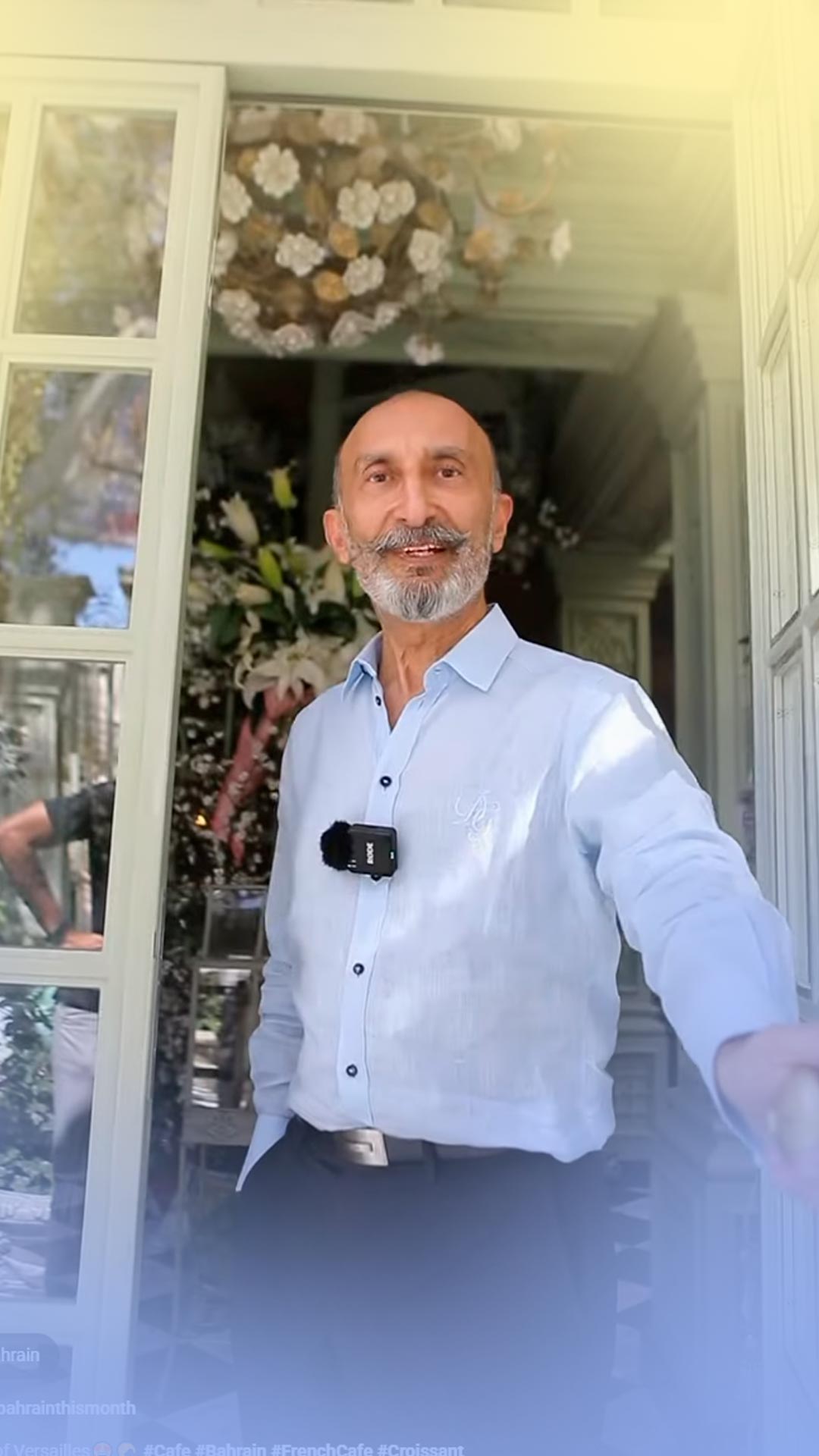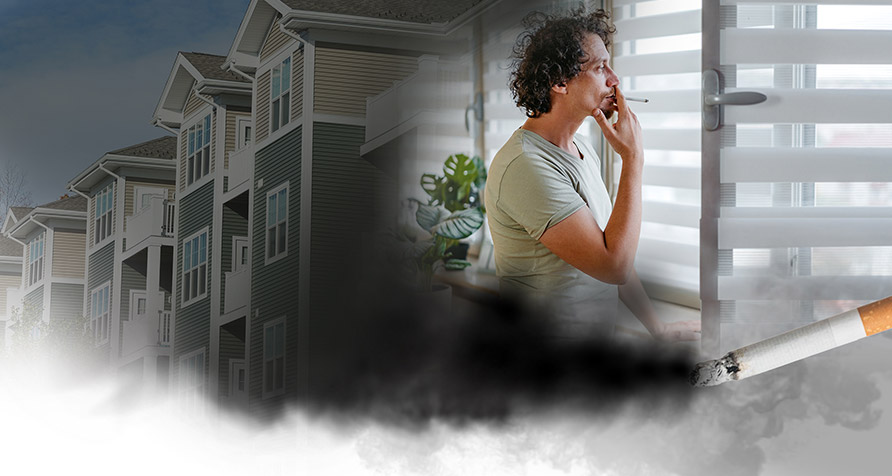










The Need for Smoke-Free Apartment Laws: A Call for Healthier Living
by: Bill Grieve - Wed, 02 Apr 2025
In his monthly series for Bahrain This Month, Bill Grieve casts his civic lens on areas of concern, offering an enlightening and engaging perspective on various issues affecting life in the Kingdom.
Why Smoke-Free Policies in Residential Apartments Are Essential
Smoking in residential apartments is not just a personal choice; it’s a public health issue that affects everyone in the building. In a densely populated country like Bahrain, where apartment living is common, secondhand smoke infiltrating homes poses serious health risks to non-smokers, particularly children, pregnant women and the elderly.
Despite Bahrain’s progressive tobacco control laws, there is still no legal framework prohibiting smoking inside residential buildings. With growing awareness of secondhand smoke dangers and the global movement towards healthier living, Bahrain needs to consider updating its laws to include smoke-free apartment policies. Such a step would protect residents, reduce fire hazards, improve air quality and align the country’s regulations with international public health standards.
Health Risks of Secondhand Smoke in Apartments
Secondhand smoke is a silent killer. Studies have proven that exposure to tobacco smoke can cause respiratory diseases, heart conditions and even cancer in non-smokers. In apartments, smoke travels through the ventilation systems, walls and open windows, making it impossible for non-smokers to avoid it and its rancid acrid stench.
Children are particularly vulnerable, as their developing lungs make them more susceptible to asthma, bronchitis and other respiratory issues triggered by smoke. Similarly, elderly residents and individuals with pre-existing health conditions face heightened risks. Enforcing a smoking ban in apartments would significantly reduce these dangers, ensuring safer and healthier living spaces for all.
The Environmental and Economic Impact of Indoor Smoking
Beyond health concerns, indoor smoking leaves lasting environmental damage. The residue from cigarette smoke – often referred to as third-hand smoke – clings to walls, furniture and carpets for months, creating a persistent toxic environment. This not only makes apartments less hygienic but also increases maintenance costs for landlords and tenants alike.
Smoking is a leading cause of residential fires, often resulting from improperly discarded cigarette butts. Fires in apartment buildings spread rapidly, endangering lives and causing significant property damage. A ban on indoor smoking would drastically lower the risk of such incidents, making residential complexes safer.
Bahrain has made notable progress in tobacco control through Law No. 8 of 2009, which prohibits smoking in public places, healthcare facilities and educational institutions. The law also enforces strict advertising regulations and tobacco taxation to discourage smoking. However, residential apartment buildings remain a legal grey area, leaving non-smokers unprotected from involuntary smoke exposure.
Extending these laws to include multi-unit housing would be a logical and necessary step in Bahrain’s journey toward a healthier society. Other countries have already implemented similar policies, demonstrating their effectiveness.
Several nations have successfully introduced smoke-free residential regulations, including:
• United States
• Canada
• Europe
We can learn from these examples and implement similar measures to protect residents.
Public Support for Smoke-Free Living
The demand for smoke-free housing is growing globally, and Bahrain is no exception. Many residents prefer to live in buildings where they are not exposed to harmful smoke, and surveys worldwide indicate that tenants are even willing to pay higher rents for smoke-free environments.
Landlords and property developers can benefit by adopting smoke-free policies, as such buildings often attract more tenants, retain value better and have lower maintenance costs. Implementing and enforcing smoke-free regulations would be a win-win for all stakeholders.
The case for smoke-free residential policies is undeniable. Secondhand smoke in apartments endangers lives, increases fire risks and contributes to environmental pollution.
The Health Regulator, property owners and residents are encouraged to come together to advocate for smoke-free apartments. By refreshing, modernising and enforcing tobacco laws, we can take a decisive step towards a healthier, safer future for all.
Click to view Bahrain Law No 8 of 2009 Controlling Smoking and All Forms of Tobacco
https://links.rhm.bh/bhZZMi










